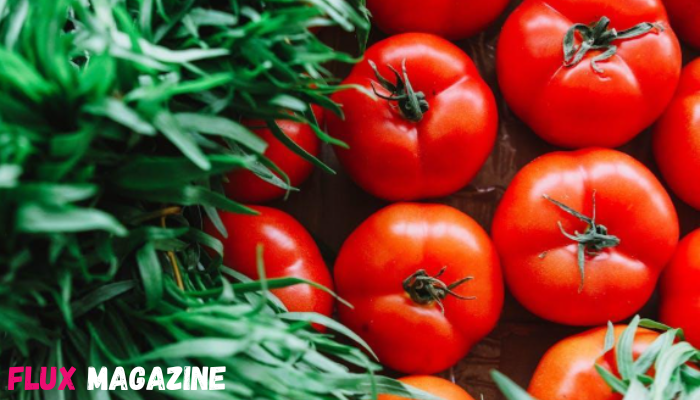In every industry, some icons gather dust while others are reborn and put straight to work. The Aga cooker, a venerable old beast, has long ruled the kitchen, supposedly the heart of every British home. Whisper it quietly, but there’s fresh energy swirling through its cast-iron veins. It is no longer just a reminder of distant country houses and chilly mornings. What’s happening? A movement is underway, one not content with nostalgia for yesterday’s bread pudding or slow-roast lamb. Tradition meets transformation. The shape was familiar, but the spirit was unfamiliar. There is so much potential hidden behind enamel and iron doors that have not been oiled for decades.
A Symbol Unchanged and Unchallenged?
For decades, people assumed one could either buy an Aga for show or resign themselves to soulless modern alternatives cluttered with flashing lights and beeping timers. It’s odd how such choices are accepted as immutable facts when, really, there’s much more at stake than branding or nostalgia-fueled purchases. The urge to buy an Aga once screamed genteel aspiration, a farm kitchen dripping with warmth and reliability, but beneath all the ceremony lay stagnation masked as comfort. Now it’s different. Today’s buyers want substance plus sustainability without sacrificing character or culinary results. That means fresh technology married to beloved design principles. It is more than just a status symbol gathering dust in a back room.
Engineering Old World Charm into Modern Performance
Forget rose-tinted glasses for a moment (they fog up over boiling stockpots anyway). Real progress in this field is measured not by ornate dials but by sheer technical ingenuity crammed into those familiar shapes. Engineers have ripped out tired inefficiency and jammed new controls inside glossy shells once considered untouchable relics. It is truly a marvel, one minute a heritage preservationist’s nightmare, and the next minute a sparkling example of practical retrofitting done right. There will be no more endless heat billowing from open doors on summer afternoons. Now think of calibrated ovens humming efficiently along with Wi-Fi-ready brains humming under the bonnet.
Sustainability Isn’t Optional Anymore
What did anyone expect? Times change at double time these days. Environmental accountability isn’t something tacked on at the last minute. It must be baked right in from start to finish (pun intended). Today’s demand leans toward energy sources less punishing for both pockets and planet: induction plates replacing worn gas hobs and triple-glazed ovens trapping warmth where it belongs, inside loaves of bread instead of flooding kitchens unnecessarily year-round. Manufacturers face little choice: innovate down to each bolt or become irrelevant overnight in a market no longer willing to forgive wastefulness simply because something looks appealing.
Reviving Community Through Shared Experience
It goes beyond metal and fire. Something deeper flickers back into life when classic cookers return to centre stage in homes seeking reconnection rather than mere convenience. These machines bring back traditional cooking rituals, from baking fresh bread together to slow-simmering stews, creating moments where families and friends can gather, share stories, and enjoy food around the table.. In that sense, they serve as masked agents of social repair, anchoring generations not only through cuisine but also through conversation, even as the outside world relentlessly demands their attention.
Conclusion
Reinvention needn’t mean erasing everything familiar. Occasionally, the wisest move involves preserving soul while ruthlessly cutting dead weight, a task easier imagined than executed among stubborn brands clinging tightly to faded glories of yesterday’s kitchenscape heroes. By committing to significant questions about efficiency and relevance while also respecting honest craftsmanship, even giants like these can avoid a museum fate for another century or two, inspiring dinner conversations and perhaps something greater in homes that crave both meaning and meals.


















Show Comments (0)